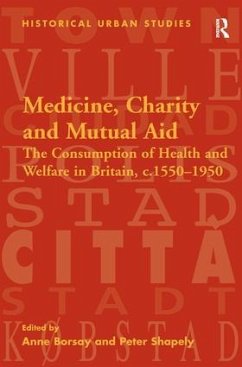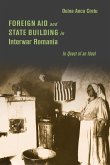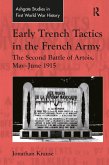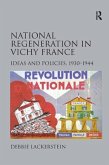The history of the voluntary sector in British towns and cities has received increasing scholarly attention in recent years. Nevertheless, whilst there have been a number of valuable contributions looking at issues such as charity as a key welfare provider, charity and medicine, and charity and power in the community, there has been no book length exploration of the role and position of the recipient. By focusing on the recipients of charity, rather than the donors or institutions, this volume tackles searching questions of social control and cohesion, and the relationship between providers and recipients in a new and revealing manner. It is shown how these issues changed over the course of the nineteenth century, as the frontier between the state and the voluntary sector shifted away from charity towards greater reliance on public finance, workers' contributions, and mutual aid. In turn, these new sources of assistance enriched civil society, encouraging democratization, empowerment and social inclusion for previously marginalized members of the community. The book opens with an introduction that locates medicine, charity and mutual aid within their broad historiographical and urban contexts. Twelve archive-based, inter-related chapters follow. Their main chronological focus is the nineteenth and early twentieth centuries, which witnessed such momentous changes in the attitudes to, and allocation of, charity and poor relief. However, individual chapters on the early modern period, the eighteenth century and the aftermath of the Second World War provide illuminating context and help ensure that the volume provides a systematic overview of the subject that will be of interest to social, urban, and medical historians.
Hinweis: Dieser Artikel kann nur an eine deutsche Lieferadresse ausgeliefert werden.
Hinweis: Dieser Artikel kann nur an eine deutsche Lieferadresse ausgeliefert werden.








